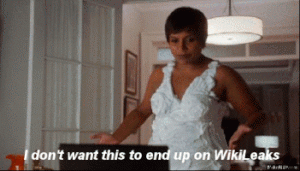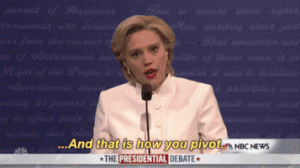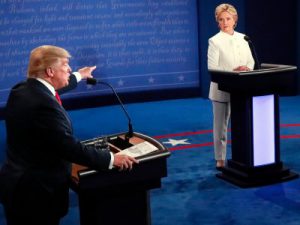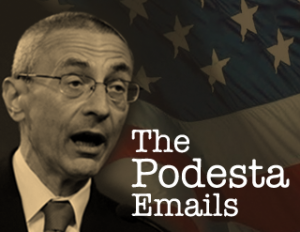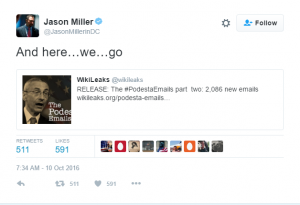We’ve known about Clinton’s email scandal for a long time now. It’s something that’s been held over her head pretty much this whole campaign, so calling it a “surprise” that its being used against her now isn’t exactly accurate. What really was the October Surprise that’s come up against her was the WikiLeaks release of emails that came out over the past few weeks. A Wall Street Journal article reviews the information that we’ve received so far about the Podesta leaks. There are a lot of emails that present contradictory information than the stances Clinton has taken in her campaign.
There is also evidence there were some disagreements between her consultants on how to handle this information getting leaked. The problem arises from having to face the media after something like this comes out. Do you attack it head on? Do you cave and apologize immediately? Is there some middle ground that should be taken instead? This is a lot to consider for people who’s job it is to craft Clinton’s public image. Their career success depends on successfully doing this.
Obviously we all know how this turned out. She apologized and things have pretty much played themselves out on the legal side. It’s still good to come back to it and look over all this. It’s a responsibility of the people to be informed.




